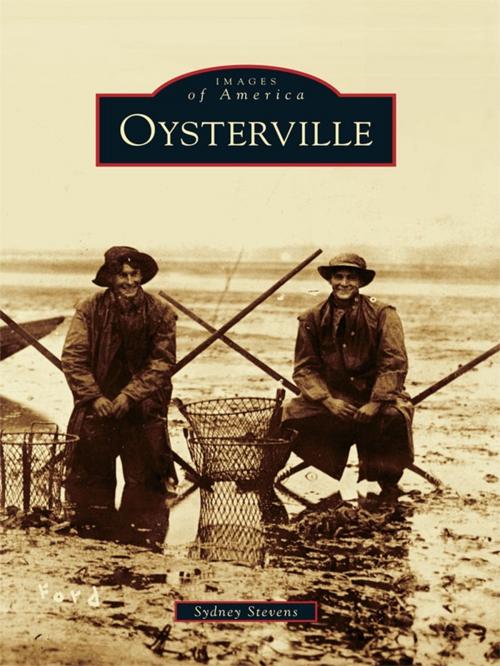| Author: | Sydney Stevens | ISBN: | 9781439640227 |
| Publisher: | Arcadia Publishing Inc. | Publication: | June 14, 2010 |
| Imprint: | Arcadia Publishing | Language: | English |
| Author: | Sydney Stevens |
| ISBN: | 9781439640227 |
| Publisher: | Arcadia Publishing Inc. |
| Publication: | June 14, 2010 |
| Imprint: | Arcadia Publishing |
| Language: | English |
For generations, Chinook Indians camped in the area that is now Oysterville, gathering oysters from the shallow waters of Shoalwater Bay. When tribal elder �Old Klickeas� introduced two young adventurers, Robert Hamilton Espy and Isaac Alonzo Clark, to the oyster treasure, the pioneer boom years began. Oysters were marketed in gold-rich, oyster-hungry San Francisco, where a plateful sold for $50. Within months, there were several hundred settlers, and in 1855, Oysterville was chosen as the seat of Pacific County, Washington Territory. Oysterville had many county firsts: a school, a college, a newspaper, a post office, and a church�but never a bank. When schooners arrived to pick up their oyster cargoes, oystermen were paid in gold coin that then might be buried or stashed under floorboards for safekeeping. Often there was more gold in Oysterville than in any town on the West Coast except San Francisco. Today the peaceful vistas along the lanes and shoreline of the village belie its tumultuous history. Oysterville was listed on the National Register of Historic Places in 1976.
For generations, Chinook Indians camped in the area that is now Oysterville, gathering oysters from the shallow waters of Shoalwater Bay. When tribal elder �Old Klickeas� introduced two young adventurers, Robert Hamilton Espy and Isaac Alonzo Clark, to the oyster treasure, the pioneer boom years began. Oysters were marketed in gold-rich, oyster-hungry San Francisco, where a plateful sold for $50. Within months, there were several hundred settlers, and in 1855, Oysterville was chosen as the seat of Pacific County, Washington Territory. Oysterville had many county firsts: a school, a college, a newspaper, a post office, and a church�but never a bank. When schooners arrived to pick up their oyster cargoes, oystermen were paid in gold coin that then might be buried or stashed under floorboards for safekeeping. Often there was more gold in Oysterville than in any town on the West Coast except San Francisco. Today the peaceful vistas along the lanes and shoreline of the village belie its tumultuous history. Oysterville was listed on the National Register of Historic Places in 1976.















